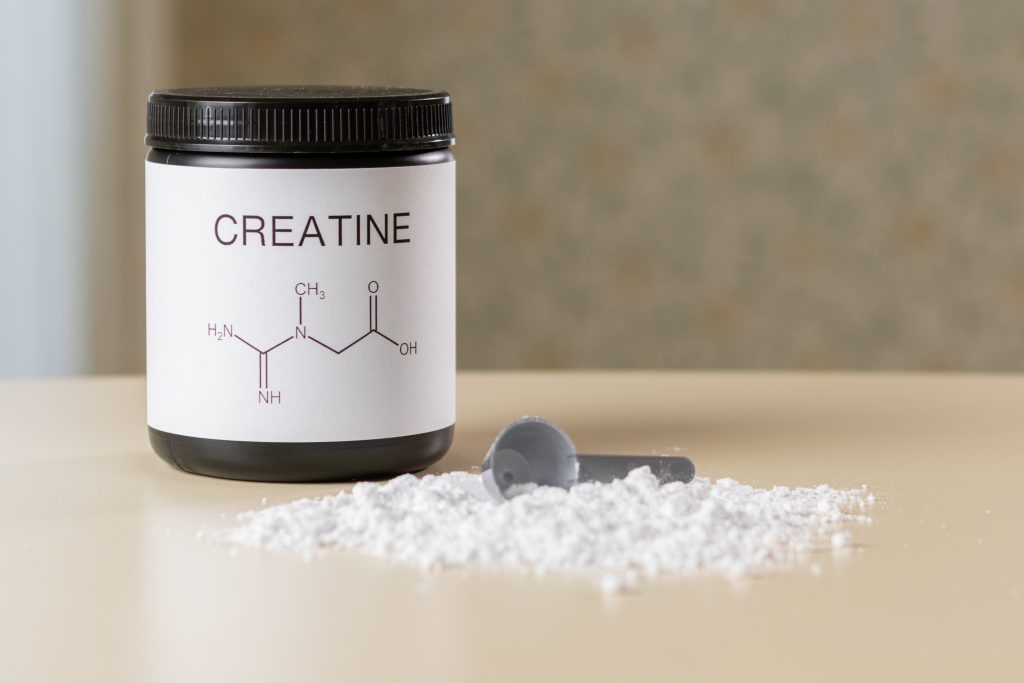Creatine Monohydrate vs Creatine Variants
Creatine, a naturally occurring compound found in muscle cells, is a popular supplement known for its performance-enhancing properties. While creatine monohydrate has long been the go-to choice, various other creatine forms have entered the market, each claiming unique benefits. In this comparison, we’ll explore the differences between creatine monohydrate vs creatine variants to help you make an informed decision on which might be the right fit for your fitness goals.

Creatine Monohydrate: The Time-Tested Standard
– Benefits:
Scientific Backing: Creatine monohydrate has undergone extensive research, consistently proving its efficacy in enhancing strength, power, and muscle mass.
Purity and Transparency: Known for its simplicity, creatine monohydrate often comes with minimal additives, ensuring transparency in product labeling.
Cost-Effectiveness: As the most widely produced and recognized form, creatine monohydrate tends to be more budget-friendly compared to some proprietary creatine blends.
Bioavailability: Creatine monohydrate boasts excellent absorption rates, ensuring more creatine reaches the muscles for optimal benefits.
– Concerns:
Potential for Gastrointestinal Discomfort: In rare cases, users may experience mild gastrointestinal discomfort.
Other Creatine Variants
- Creatine Hydrochloride (HCL):
- Claimed Benefits: Improved solubility and reduced bloating.
- Reality Check: While some users report better solubility, research comparing its efficacy to creatine monohydrate is limited.
- Creatine Ethyl Ester (CEE):
- Claimed Benefits: Enhanced absorption.
- Reality Check: Studies suggest CEE may not be as effective as creatine monohydrate and could degrade into creatinine more rapidly.
- Buffered Creatine (Kre-Alkalyn):
- Claimed Benefits: Reduced conversion to creatinine, resulting in improved stability.
- Reality Check: Limited scientific evidence to support its superiority over creatine monohydrate.
- Micronized Creatine:
- Claimed Benefits: Improved mixing and absorption.
- Reality Check: Micronization may enhance solubility but does not necessarily make it more effective than creatine monohydrate.
Making an Informed Choice
- Scientific Support: Creatine monohydrate has the most extensive body of research supporting its efficacy.
- Cost Consideration: Creatine monohydrate is often more affordable, ensuring accessibility for a broader range of users.
- Transparency: Creatine monohydrate’s simplicity and transparency in labeling make it a straightforward choice for those who prefer clarity in their supplements.
- Personal Tolerance: Individual responses vary, and trying different forms may help identify the one that suits you best.
Conclusion
While the allure of new and specialized creatine forms is tempting, creatine monohydrate remains the gold standard. Its long history of research-backed effectiveness, simplicity, and cost-effectiveness make it a reliable choice for both seasoned athletes and fitness enthusiasts. However, individual responses may vary, and experimenting with different forms can help you find what works best for your body and fitness goals.








